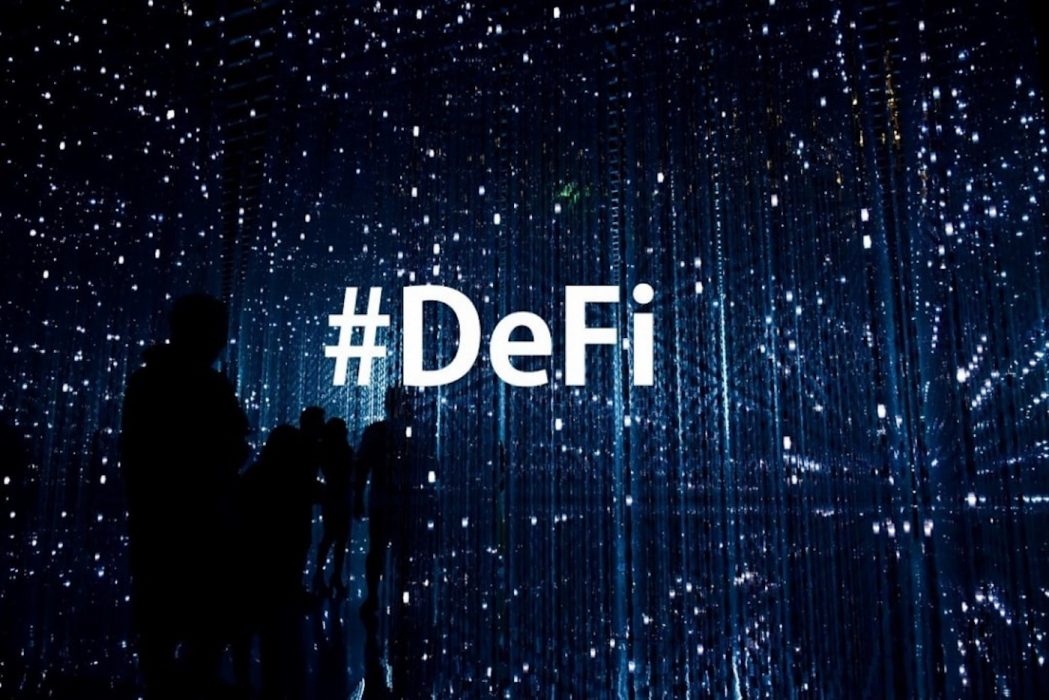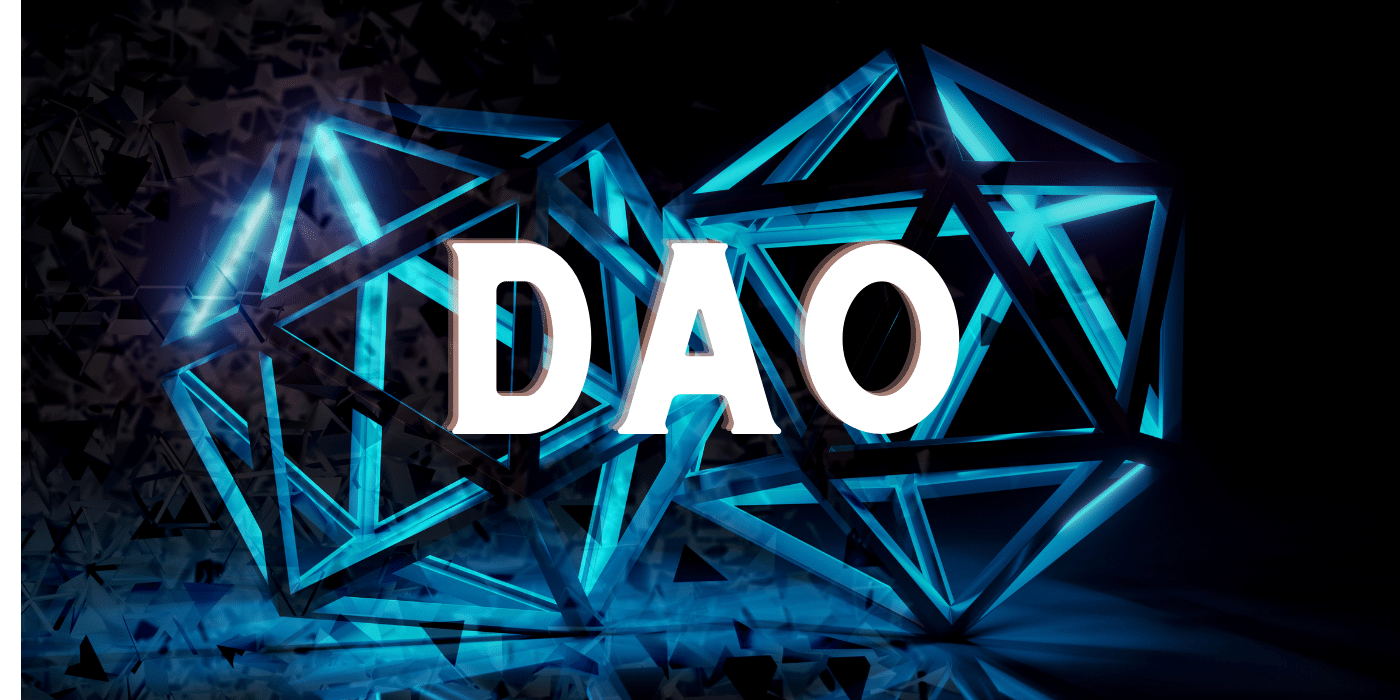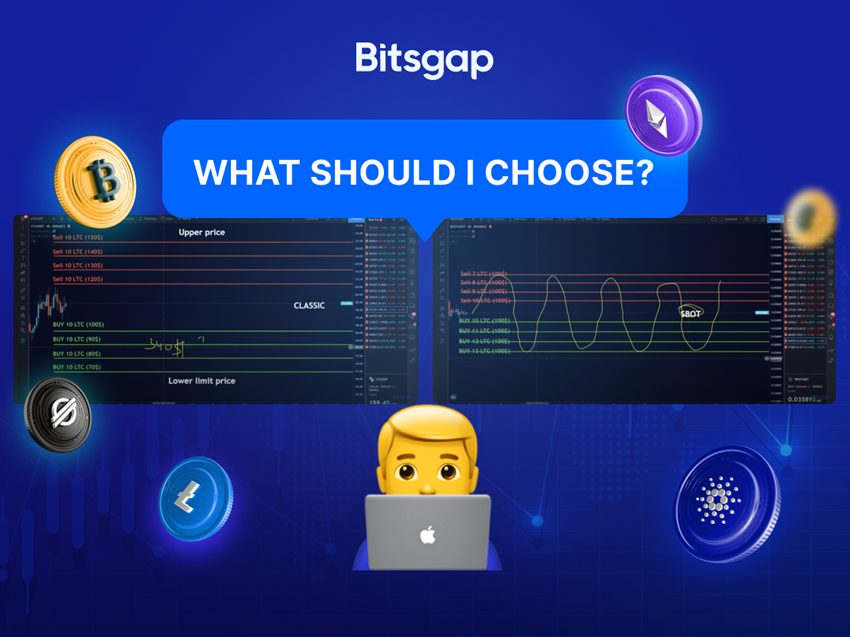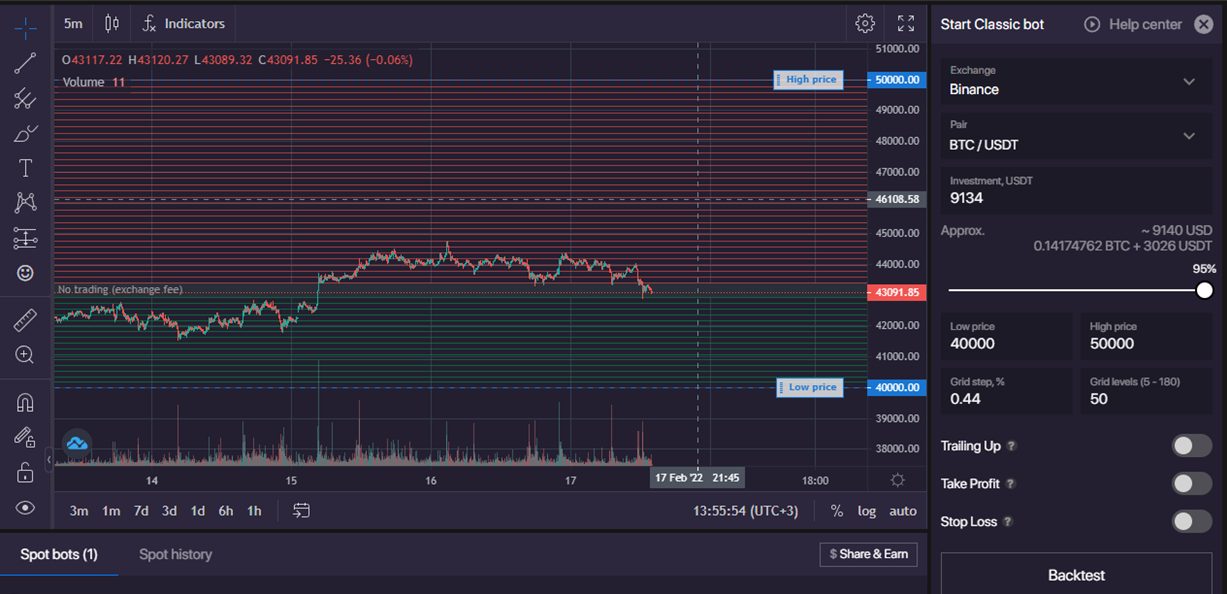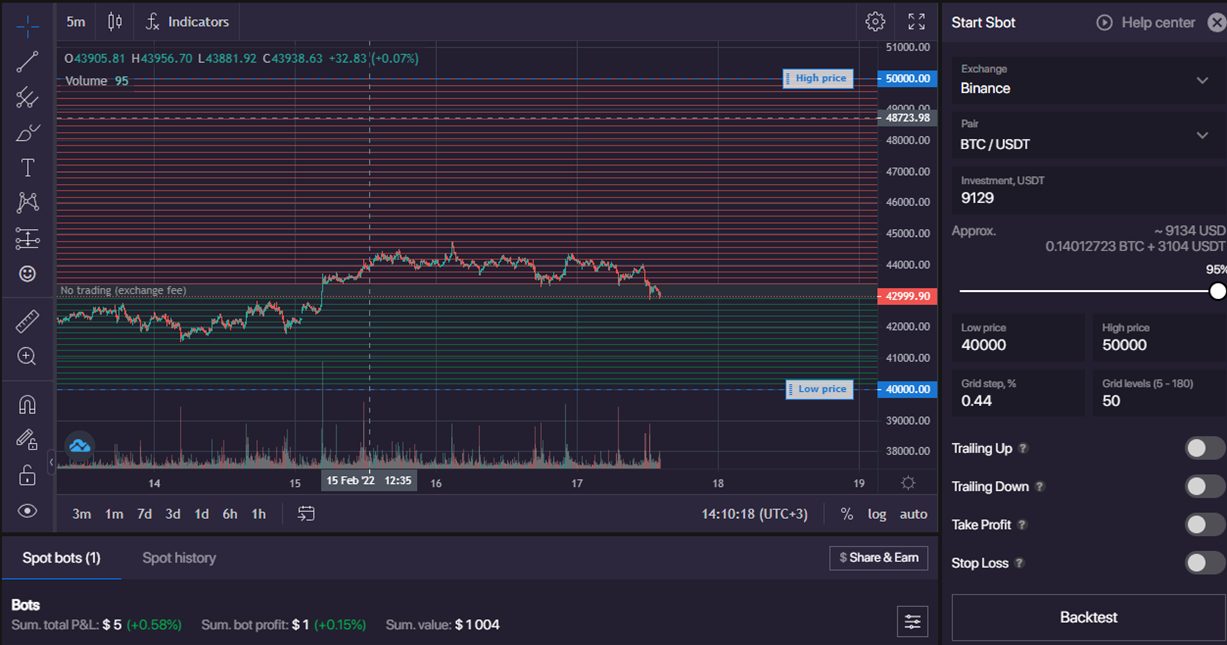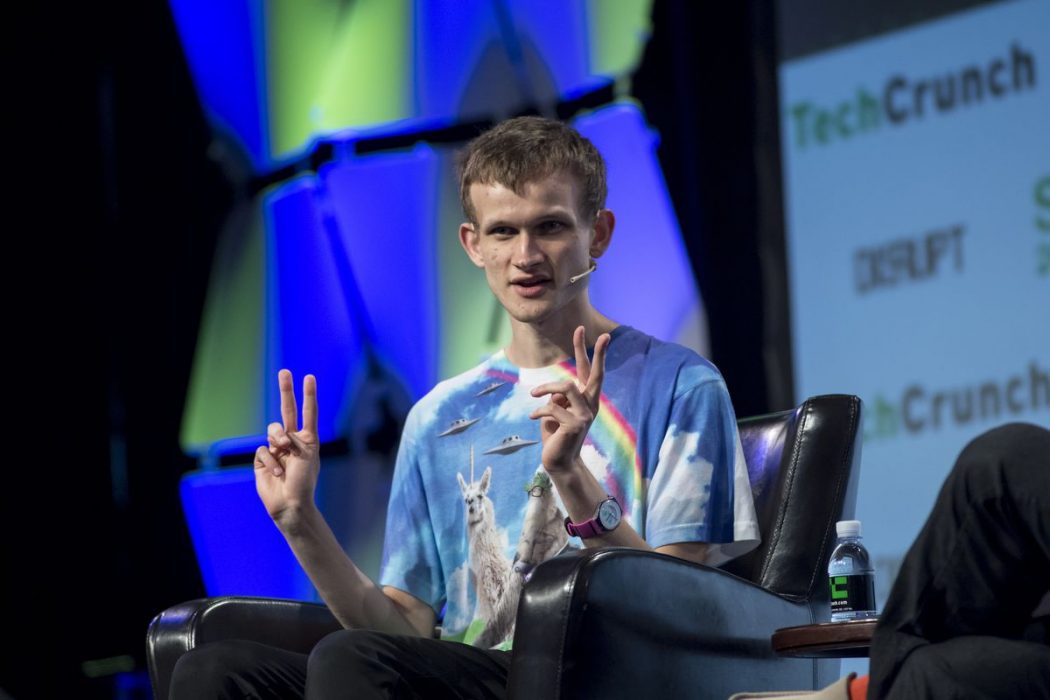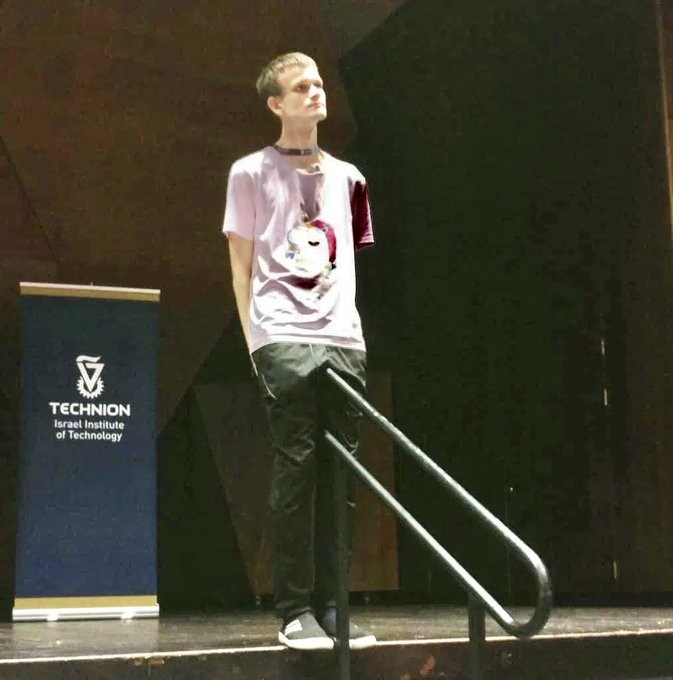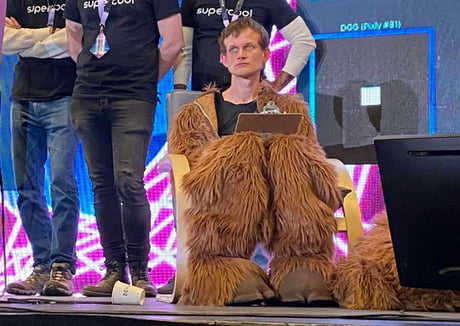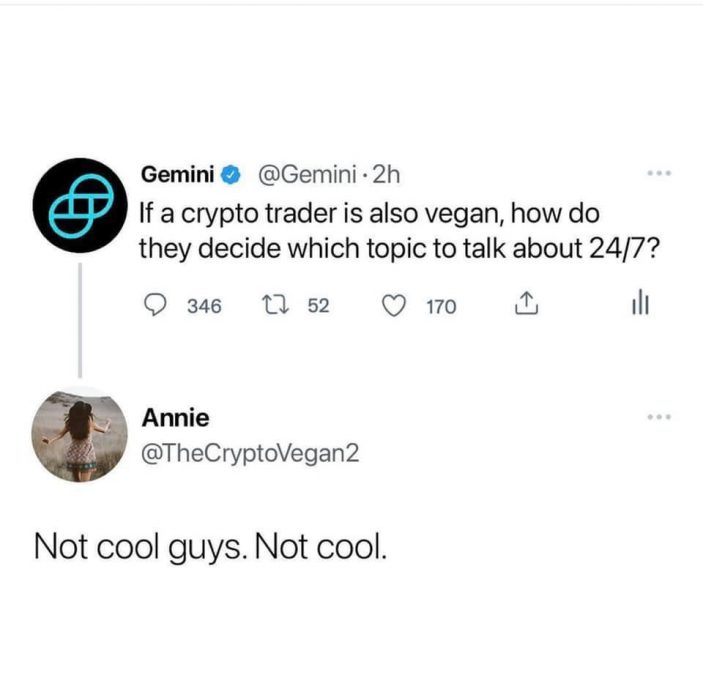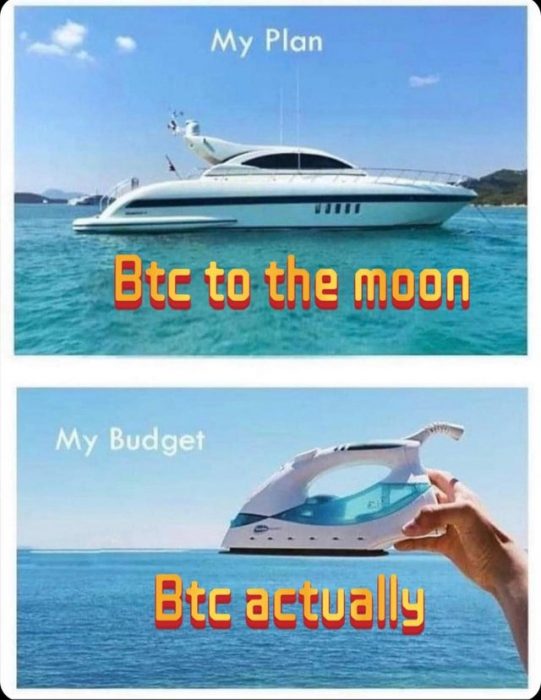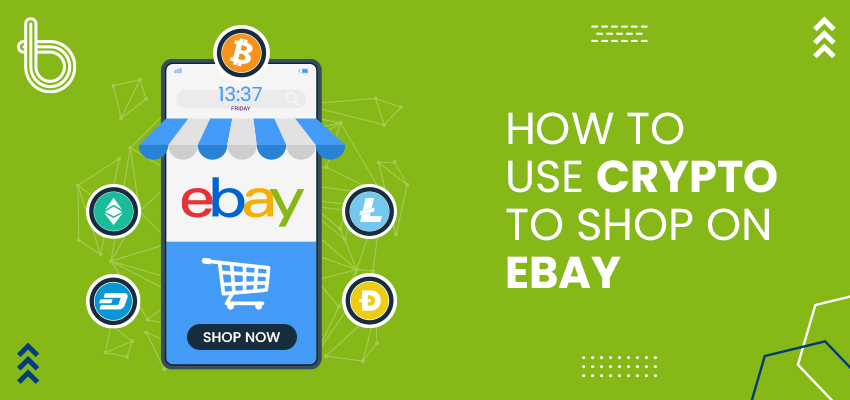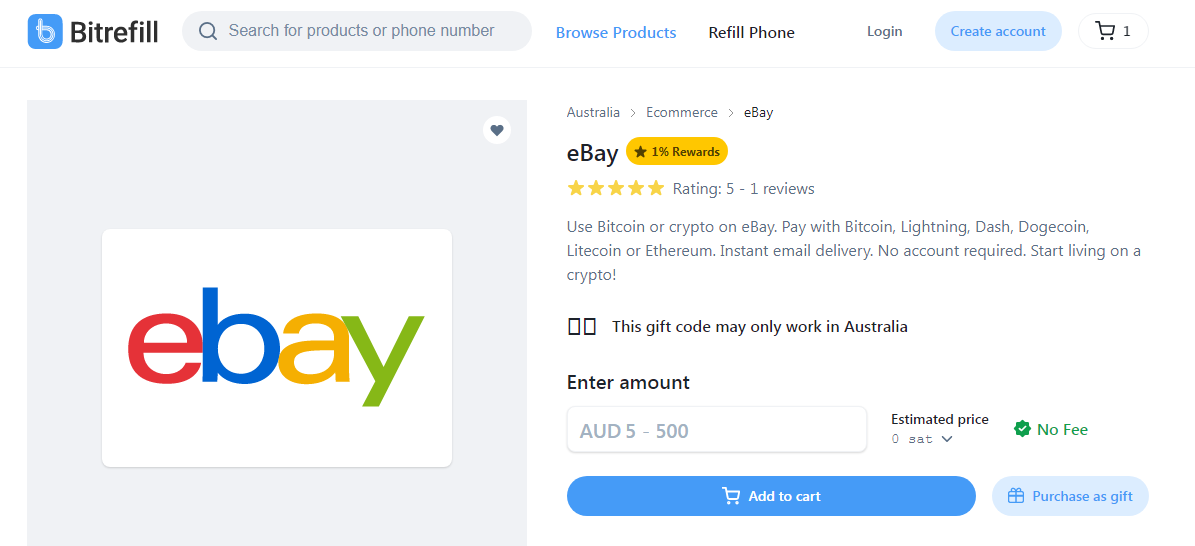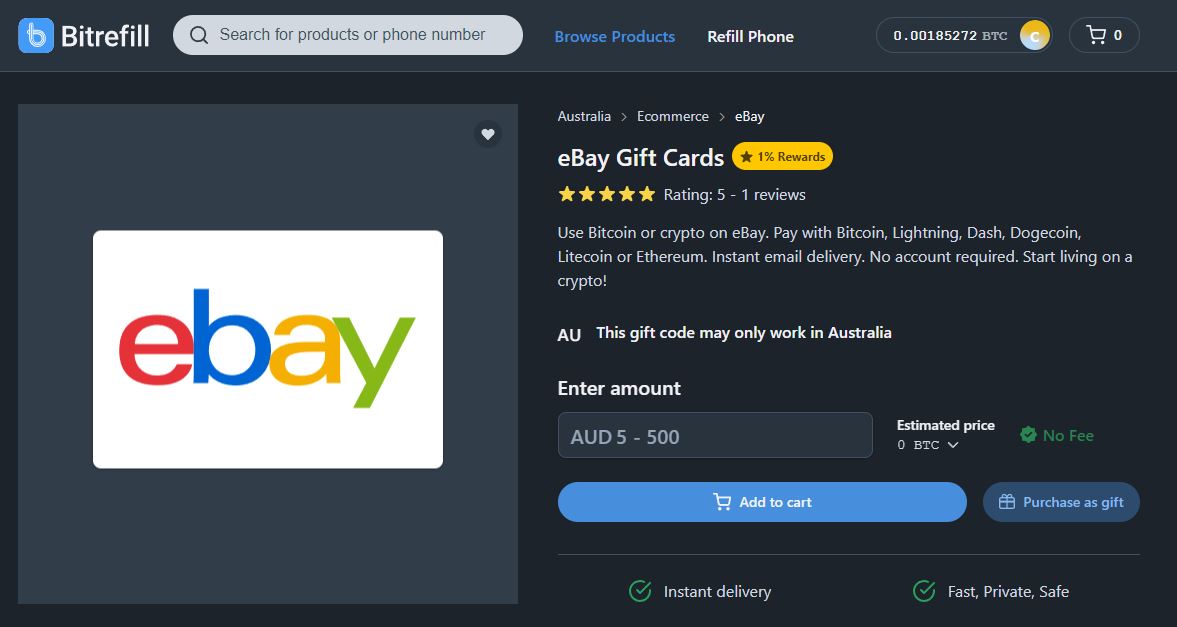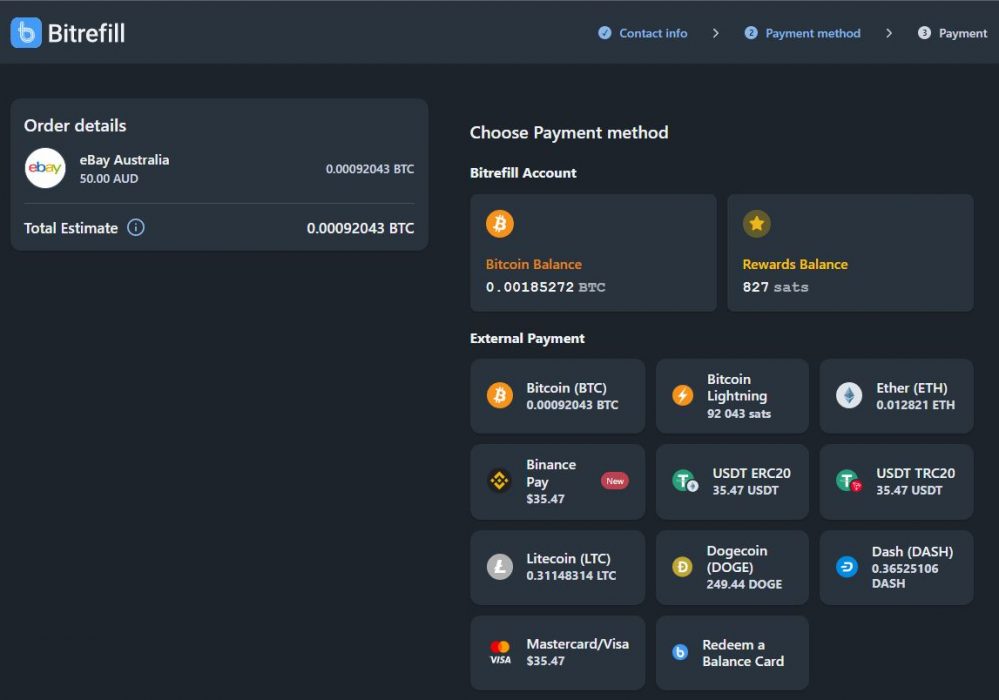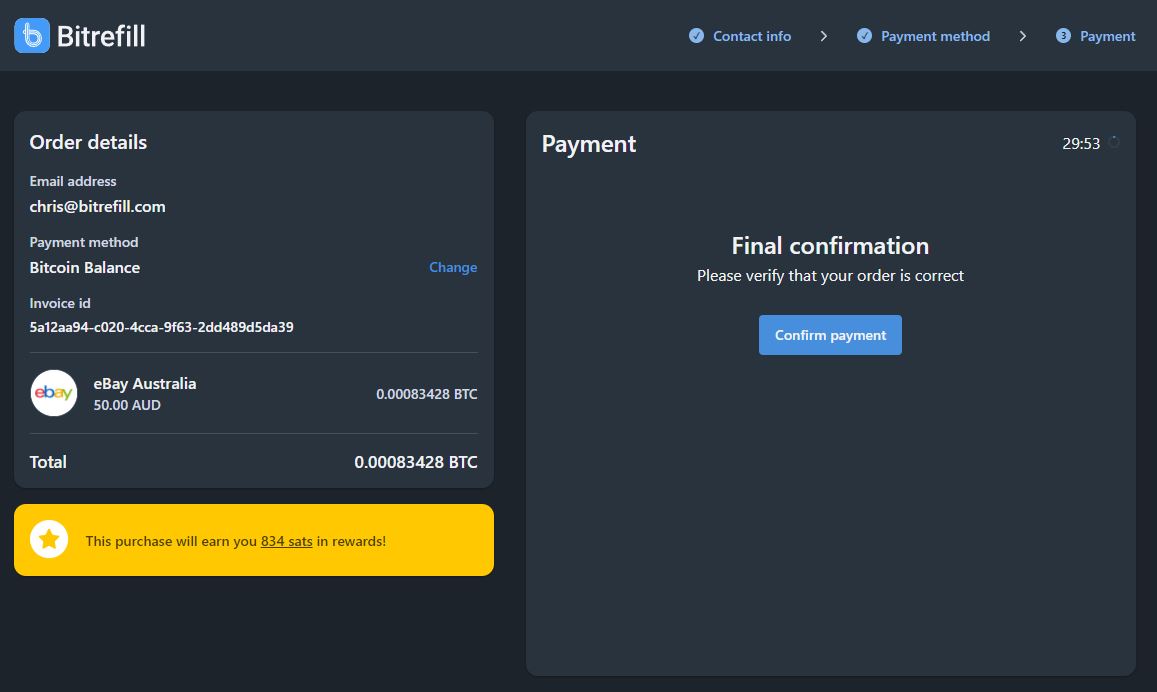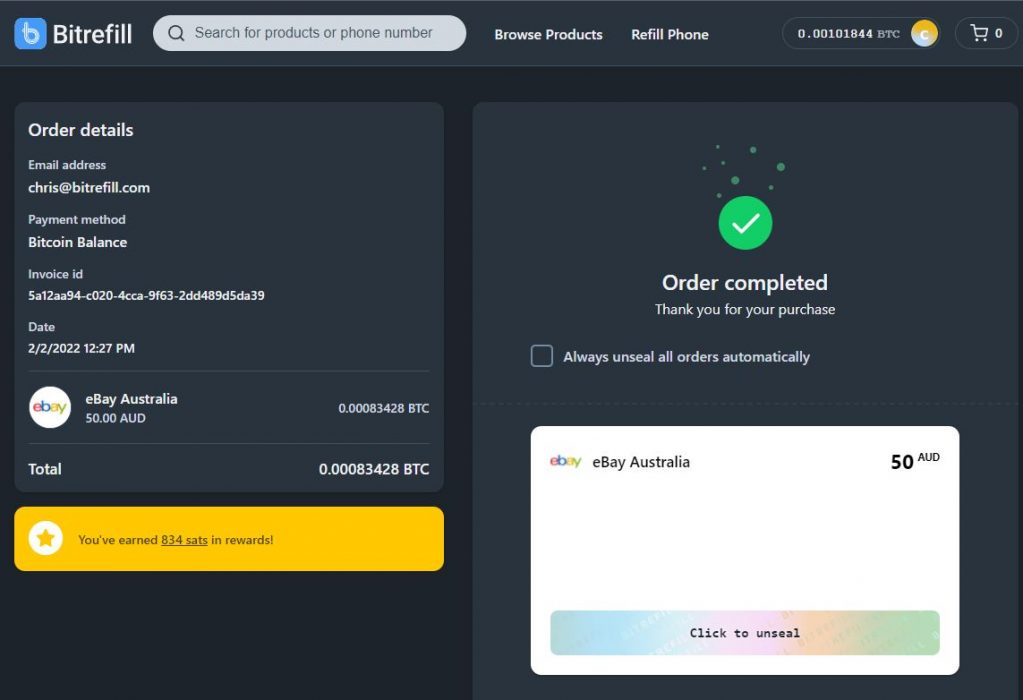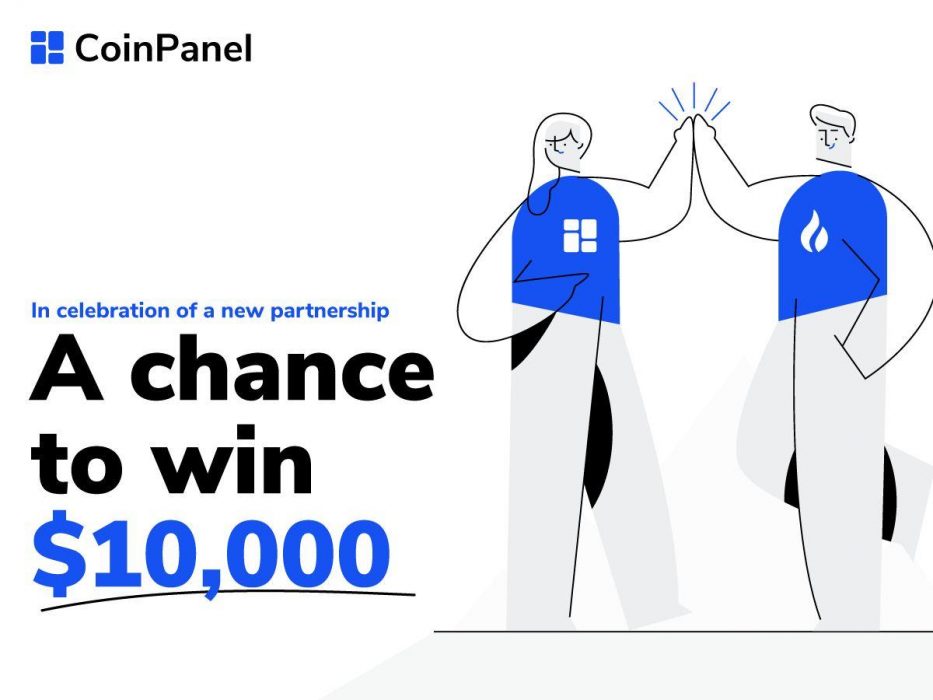DAOs have been making headlines over the past year, whether it involves buying a copy of the US Constitution or a US$4 billion NFL team. In this short guide, we’ll outline what DAOs are, how they work, and what their risks and benefits are.
What is a DAO?
A DAO, or decentralised autonomous organisation, is a blockchain-based form of organisation or company that exists natively on the internet.
As the name implies, DAOs are decentralised, meaning they have no central leadership. Instead, decisions are made in a distributed manner by a community. In addition, the word “autonomous” suggests that unlike traditional companies that require active decision-making, a DAO’s governance and management are determined by code, or more specifically, smart contracts.
While DAOs are established for different purposes, users who elect to participate do so most often with the intention of obtaining financial rewards.
How Do They Work?
Fundamentally, there are two key elements underlying the operation of a DAO – the first is its native token, and second, smart contracts.
Most DAOs are governed by their native crypto token, which are normally available for purchase on centralised or decentralised exchanges. In some cases, these may be airdropped to users of related projects. Holders of the governance token are then not only able to enjoy access to the DAO, but more importantly are able to vote on matters related to it. Typically, the larger your holding of the token, the greater the weight of your vote.
In principle, a DAO’s treasury (or holdings) are only accessible through an approved voting process, and in general, decisions can only be made on a specific proposal after a group vote during a pre-defined period. Most DAOs employ a “staking” model, where stakers of the governance token receive voting rights and can influence the operation of the organisation by proposing new changes to governance.
DAOs tend to be based on Ethereum smart contracts, which can be programmed to carry out various operational tasks upon certain conditions being met. For example, the smart contract could be programmed to only disburse funds after a certain percentage of token holders agree. Or if you have an investment DAO, you could have a smart contract that only buys the asset when it hits a certain price. The possibilities are endless, though best practice is to disclose all material smart-contract functionalities upfront.
What Are the Benefits?
DAOs are said to be more democratic than traditional hierarchical management, since DAOs have no inbuilt hierarchies. Furthermore, all rule changes require consensus from stakeholders.
They are also claimed to be more transparent, because the code is open source and anyone can look through its history to see how decisions were made. Another benefit is that DAOs promote financial inclusion and open access to groups who otherwise might not have had access to investment opportunities, since all you need is to buy the governance token.
In short, the promise of DAOs is that they enable a more equitable, fair and transparent organisation, more so than anything we’ve seen before.
What Are the Risks?
DAOs don’t enjoy any legal clarity in most parts of the world. The traditional legislative framework of limited liability companies (and associated responsibilities imposed on directors) is simply unsuitable. While some jurisdictions have formally recognised DAOs, they remain an enormous legal grey area, one that Australia is tackling head-on.
Another potential problem facing DAOs is that since they are governed by smart contracts, if there are bugs or mistakes within a smart contract, it isn’t easy to fix since consensus is required. This can make DAOs susceptible to exploits, hacks and other financial losses.
Finally, some have raised concerns that DAOs are sometimes decentralised in name alone. There are instances where founders establish a DAO but retain much of the governance, as in the case of Magic Eden’s MagicDAO.
While DAOs remain in their infancy, these risks ought to be expected and weighed up against the benefits when considering whether to participate in a project.
In practical terms, this simply means: DYOR (do your own research).


